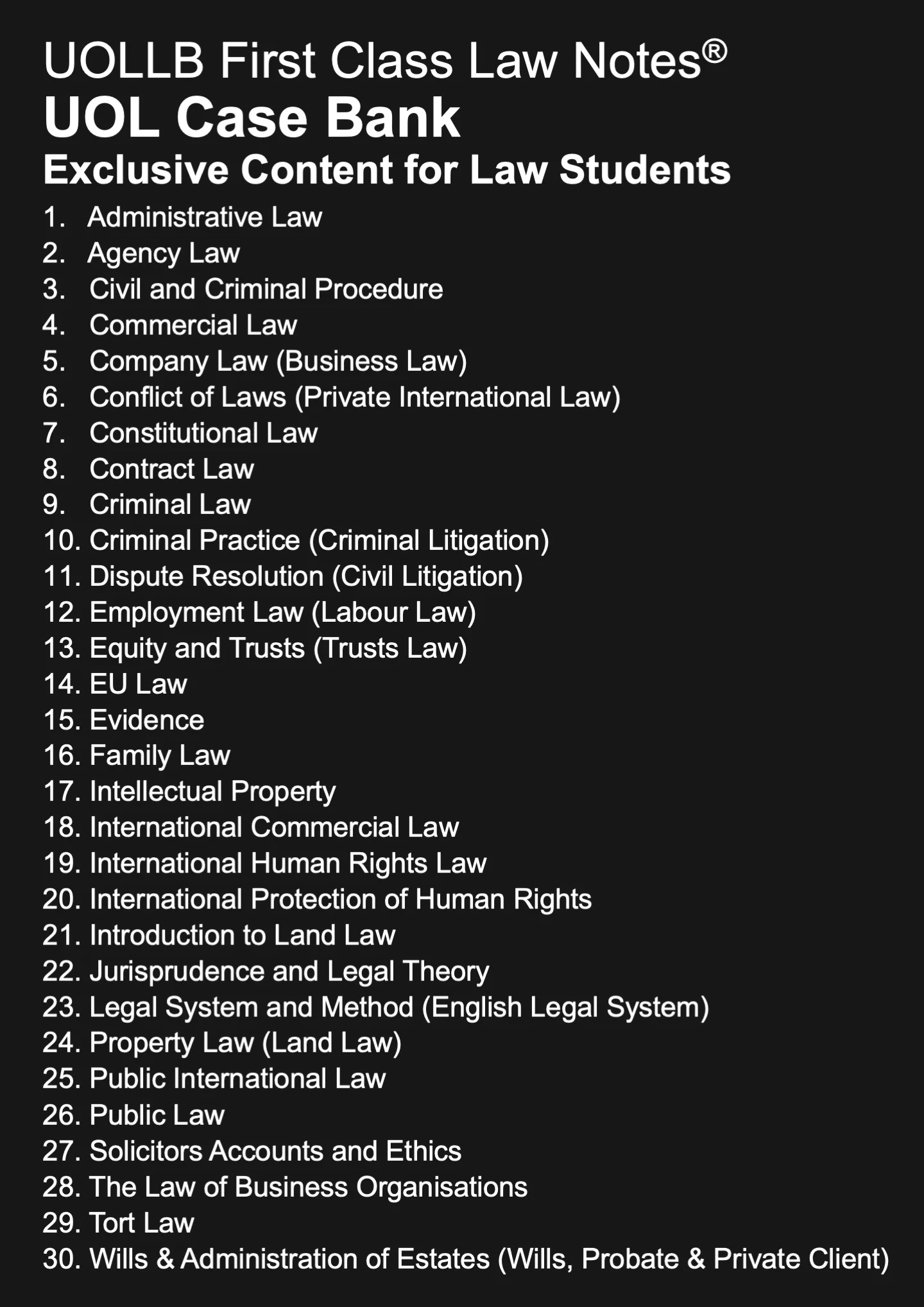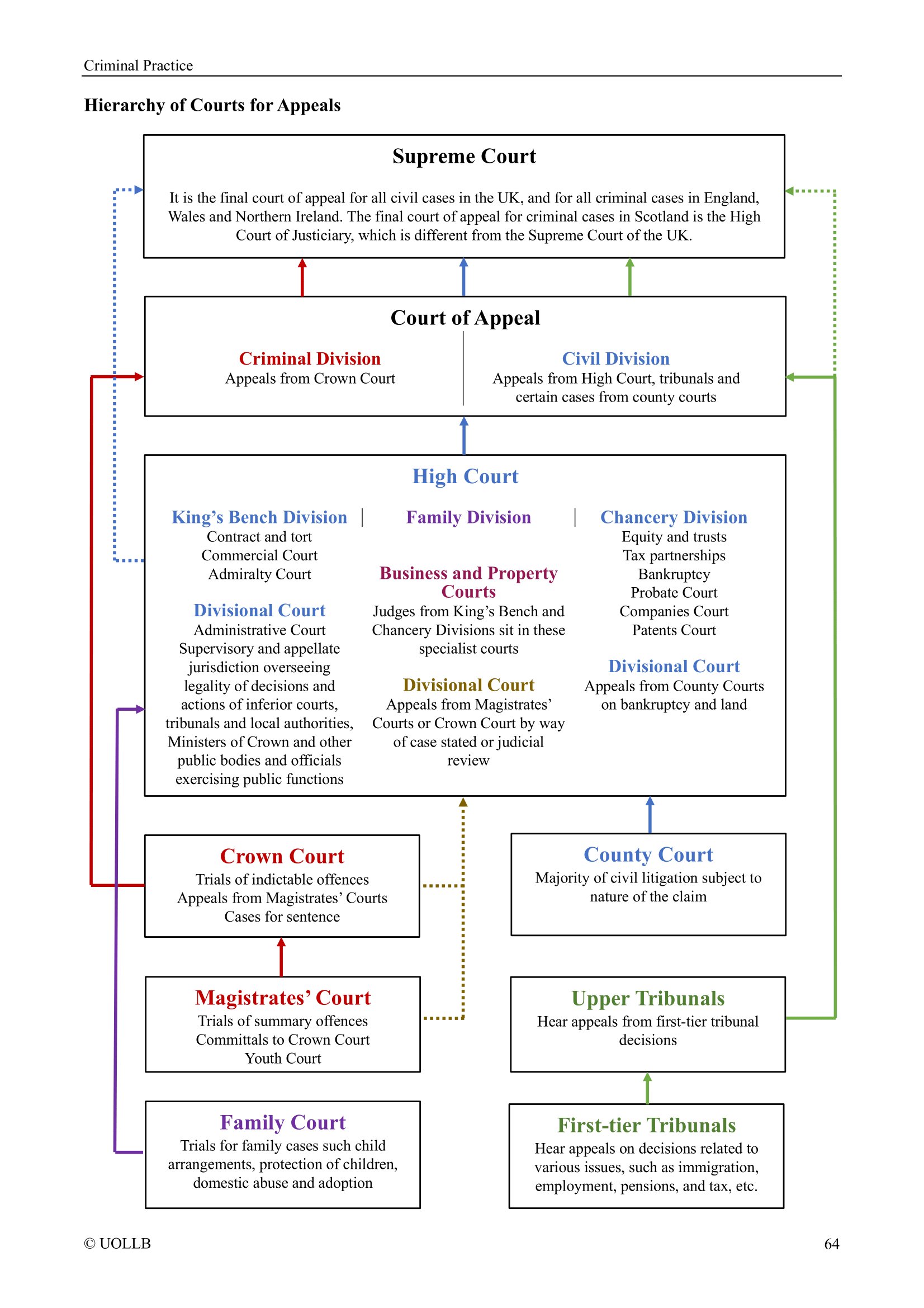Best v Chief Land Registrar [2015]
Share
R (on the application of Best) v Chief Land Registrar [2015] EWCA Civ 17 deals with the concept of adverse possession in property law, specifically in the context of the Legal Aid, Sentencing and Punishment of Offenders Act 2012 (LASPO 2012) in England and Wales.
The case revolves around a piece of land known as Heron's Moor in Cornwall, England. The land had been vacant and vandalised since 1997, and the registered owner was believed to have passed away.
Mr Best entered the property in 2000 and started making repairs and other improvements with the intention of turning it into his home. In January 2012, Mr Best moved into the property, and in November of the same year, he applied to be registered as the legal owner of the property based on adverse possession. His claim was based on adverse possession, which requires occupying and possessing the land for a specified period (typically ten years) without the consent of the legal owner. The central legal issue in this case was whether Mr Best's occupation of the property, particularly after September 1, 2012, when Section 144 of LASPO 2012 came into effect, could still be considered adverse possession.
Section 144 of LASPO 2012 criminalises squatting in residential buildings. It makes it a criminal offence for a person to enter and live in a residential building as a trespasser, if he knows or ought to know that he is trespassing. The Land Registry rejected Mr Best's application for adverse possession on the basis that it relied on periods of adverse possession that involved a criminal offence under Section 144 of LASPO 2012. It pointed to earlier case law suggesting that claims for adverse possession could not rely on criminal acts.
The Court of Appeal clarified that Section 144 of LASPO 2012 was primarily enacted to make it easier for property owners to remove squatters from residential buildings. It also pointed out that Section 144 of LASPO 2012 was not intended to change the fundamental principles of adverse possession. Therefore, a squatter who occupies a residential building long enough to fulfil the criteria for adverse possession can still rely on that occupation, even if it involved a criminal offence under Section 144 of LASPO 2012.
This decision clarified that Section 144 of LASPO 2012 does not alter the established law on adverse possession. Squatters can still claim adverse possession if they meet the necessary criteria, even if their occupation included a violation of Section 144. It is possible for a squatter to claim adverse possession without violating Section 144 if he squats in the garden or adverse possesses the residential building for a purpose other than living in it.
In summary, this case affirmed that adverse possession claims should not be automatically disqualified simply because the occupation involved a criminal offence under Section 144 of LASPO 2012. This decision preserved the principles of adverse possession while addressing the criminalisation of certain forms of squatting in residential buildings.
The case revolves around a piece of land known as Heron's Moor in Cornwall, England. The land had been vacant and vandalised since 1997, and the registered owner was believed to have passed away.
Mr Best entered the property in 2000 and started making repairs and other improvements with the intention of turning it into his home. In January 2012, Mr Best moved into the property, and in November of the same year, he applied to be registered as the legal owner of the property based on adverse possession. His claim was based on adverse possession, which requires occupying and possessing the land for a specified period (typically ten years) without the consent of the legal owner. The central legal issue in this case was whether Mr Best's occupation of the property, particularly after September 1, 2012, when Section 144 of LASPO 2012 came into effect, could still be considered adverse possession.
Section 144 of LASPO 2012 criminalises squatting in residential buildings. It makes it a criminal offence for a person to enter and live in a residential building as a trespasser, if he knows or ought to know that he is trespassing. The Land Registry rejected Mr Best's application for adverse possession on the basis that it relied on periods of adverse possession that involved a criminal offence under Section 144 of LASPO 2012. It pointed to earlier case law suggesting that claims for adverse possession could not rely on criminal acts.
The Court of Appeal clarified that Section 144 of LASPO 2012 was primarily enacted to make it easier for property owners to remove squatters from residential buildings. It also pointed out that Section 144 of LASPO 2012 was not intended to change the fundamental principles of adverse possession. Therefore, a squatter who occupies a residential building long enough to fulfil the criteria for adverse possession can still rely on that occupation, even if it involved a criminal offence under Section 144 of LASPO 2012.
This decision clarified that Section 144 of LASPO 2012 does not alter the established law on adverse possession. Squatters can still claim adverse possession if they meet the necessary criteria, even if their occupation included a violation of Section 144. It is possible for a squatter to claim adverse possession without violating Section 144 if he squats in the garden or adverse possesses the residential building for a purpose other than living in it.
In summary, this case affirmed that adverse possession claims should not be automatically disqualified simply because the occupation involved a criminal offence under Section 144 of LASPO 2012. This decision preserved the principles of adverse possession while addressing the criminalisation of certain forms of squatting in residential buildings.























































